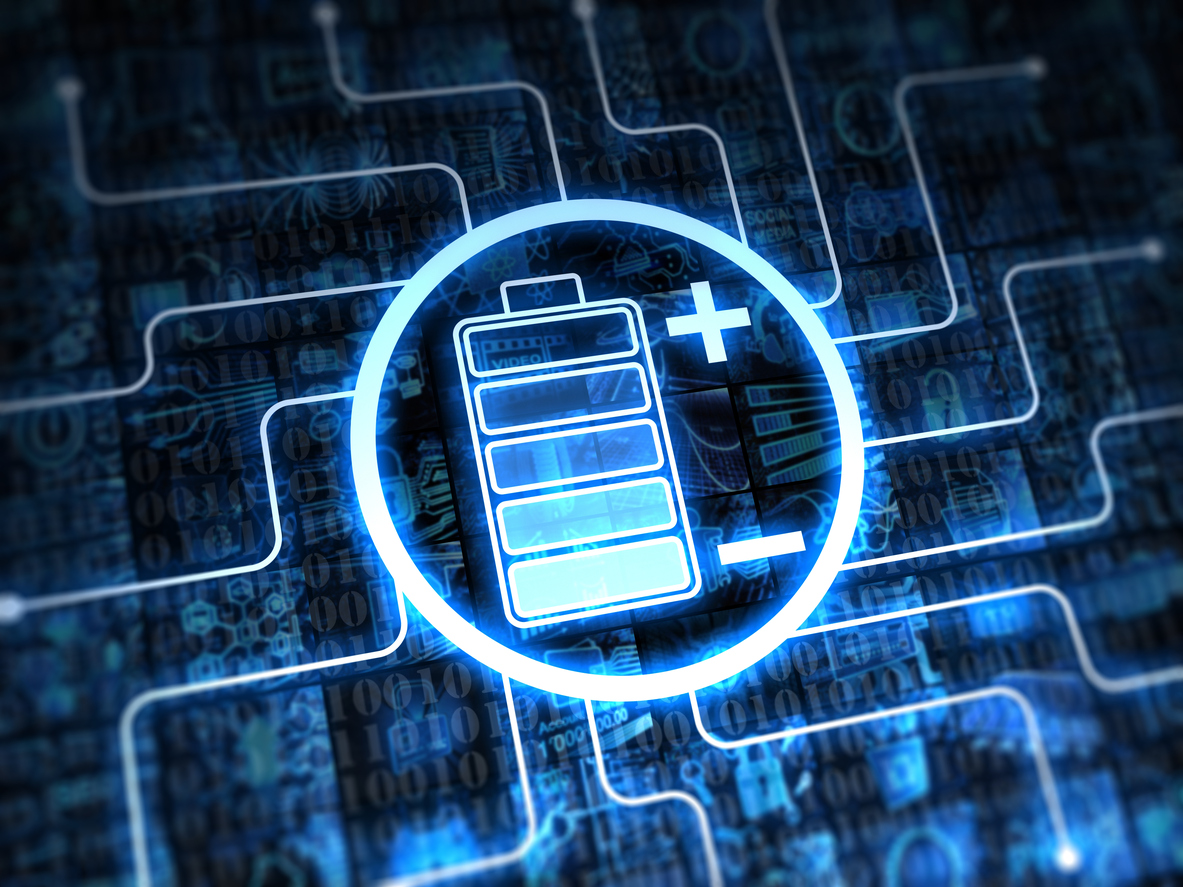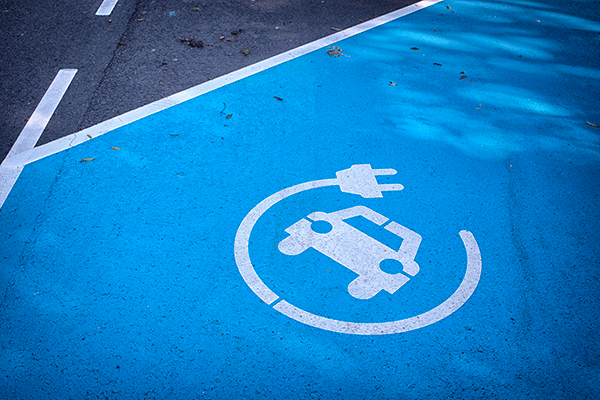 A new kind of lithium sulfur battery could be more efficient, less expensive, and safer than currently available lithium batteries.
A new kind of lithium sulfur battery could be more efficient, less expensive, and safer than currently available lithium batteries.
“We demonstrated this method in a coin battery,” says Donghai Wang, associate professor of mechanical engineering at Penn State. “But, I think it could eventually become big enough for cell phones, drones, and even bigger for electric vehicles.”
Lithium sulfur batteries should be a promising candidate for the next generation of rechargeable batteries, but they are not without problems. For lithium, the efficiency in which charge transfers is low, and, lithium batteries tend to grow dendrites—thin branching crystals—when charging that do not disappear when discharged.
The researchers examined a self-formed, flexible hybrid solid-electrolyte interphase layer that is deposited by both organosulfides and organopolysulfides with inorganic lithium salts. The researchers report that the organic sulfur compounds act as plasticizers in the interphase layer and improve the mechanical flexibility and toughness of the layer. The interphase layer allows the lithium to deposit without growing dendrites. The Coulombic efficiency is about 99 percent over 400 recharging discharging cycles.


 In 2005, the number of electric vehicles on the road could be measured in the hundreds. Over the years, researchers have made technological leaps in the field of EVs. Now, we’ve exceeded a global threshold of
In 2005, the number of electric vehicles on the road could be measured in the hundreds. Over the years, researchers have made technological leaps in the field of EVs. Now, we’ve exceeded a global threshold of 